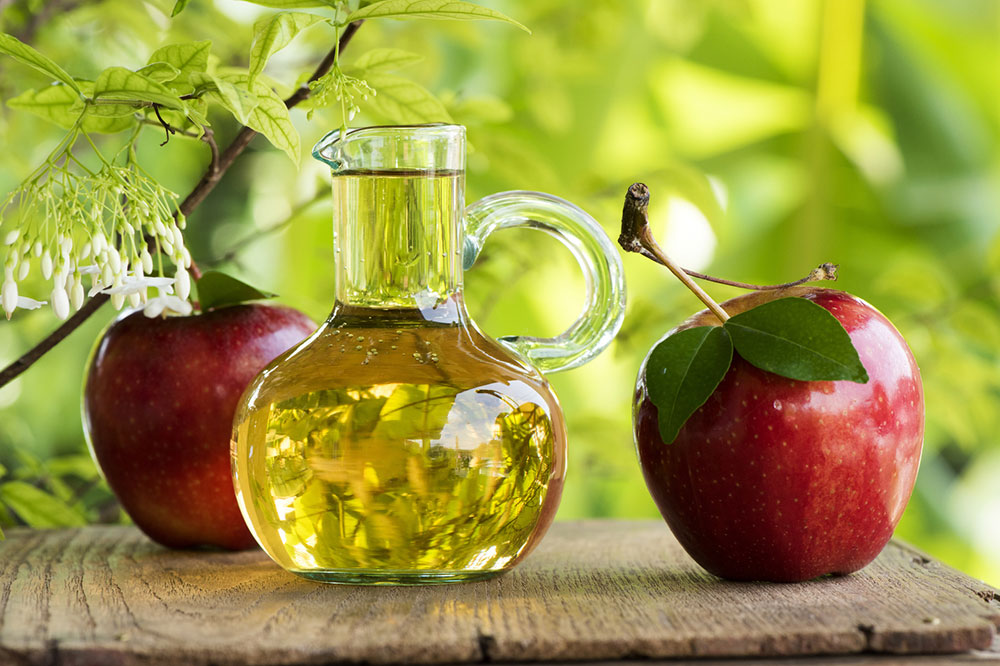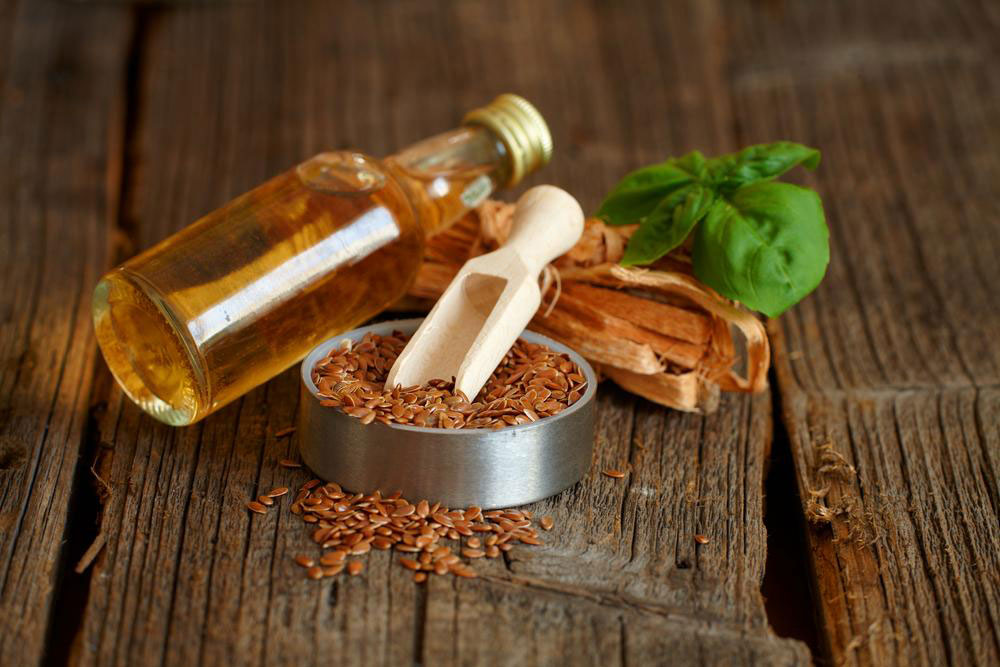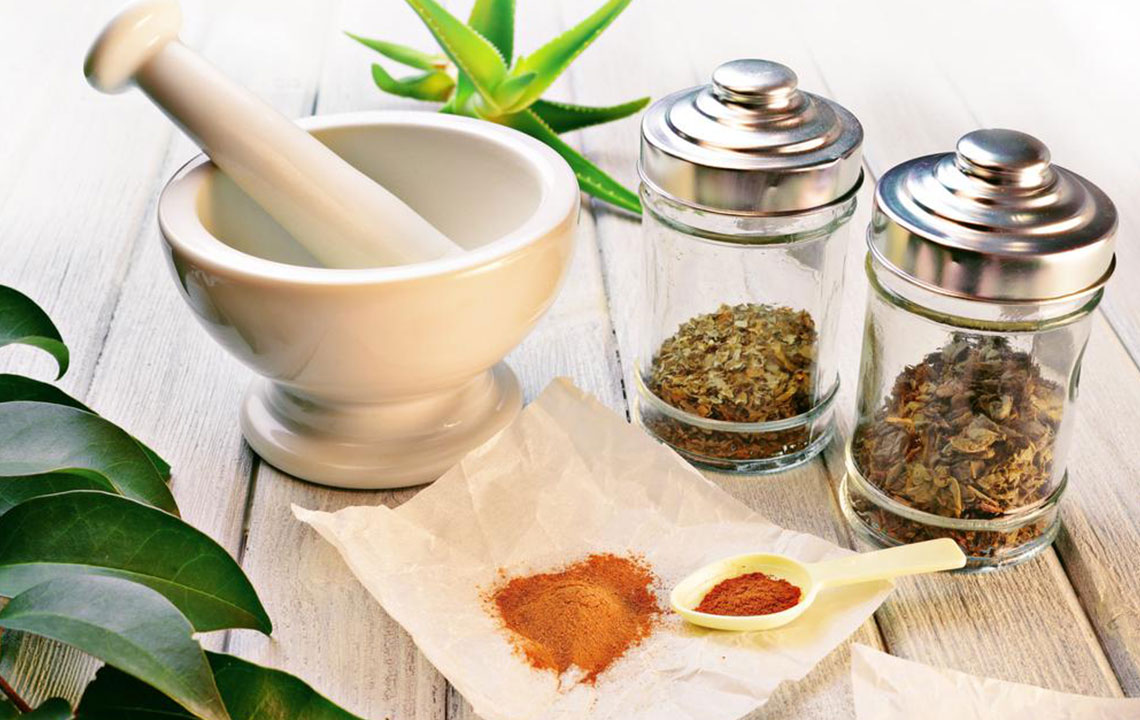Natural Approaches to Managing PCOS Effectively
Discover natural and holistic strategies to effectively manage PCOS symptoms. This comprehensive guide emphasizes diet, lifestyle changes, herbal support, and stress management techniques to improve overall hormonal balance and quality of life. Implementing these safe, natural remedies can help alleviate PCOS-related issues and promote well-being without medications.

Natural Approaches to Managing PCOS Effectively
Polycystic Ovary Syndrome (PCOS) is a hormonal disorder characterized by enlarged ovaries and small cysts on their surface. Symptoms often include irregular menstrual cycles, excess androgen, unwanted hair growth, skin issues, dark patches, cyst formation, skin tags, thinning hair, and fertility challenges. Though no cure exists, managing symptoms through lifestyle changes is key.
Holistic and natural methods to alleviate PCOS symptoms
PCOS is prevalent among women and stems from complex causes, prompting healthcare providers to recommend a comprehensive approach. Adjustments in diet and lifestyle are crucial to improve quality of life.
This involves modifying daily habits and food choices.
Nutrition and diet
Your diet significantly impacts PCOS management. Consuming processed foods can aggravate inflammation and symptoms, while healthy dietary practices can offer relief.
Whole, unprocessed foods
Focus on fresh fruits, vegetables, whole grains, and legumes, avoiding preservatives, added sugars, and hormones. These foods with low glycemic index and high fiber help stabilize blood sugar levels.
To further support health, balance protein and carbohydrate intake.
Anti-inflammatory options
Incorporate foods like olive oil, tomatoes, leafy greens, fatty fish, nuts, and berries to combat chronic inflammation associated with PCOS.
Iron-rich foods
As heavy bleeding may lead to iron deficiency, add spinach, eggs, broccoli, and other iron sources to your diet.
Magnesium sources: Nuts, spinach, bananas, and seeds can assist in symptom management.
Fiber-packed foods
To promote digestion and reduce inflammation, include lentils, beans, cruciferous vegetables, pears, and avocados.
Probiotic-rich foods
These enhance gut health, reduce inflammation, and help regulate hormone levels vital for symptom control.
Exercise regularly
Engaging in moderate physical activity like yoga, Pilates, swimming, brisk walking, or cycling can support symptom management. Avoid over-exercising to prevent hormonal imbalance. Always consult a healthcare provider for personalized recommendations.
Enhance sleep quality
Adequate rest is essential for hormonal regulation. Aim for 8-10 hours of sleep nightly, establish a regular sleep routine, and avoid screens and stimulants before bedtime.
Acupuncture and herbal support
Alternative therapies like acupuncture may improve ovarian blood flow, reduce cortisol, and enhance insulin sensitivity. Adaptogenic herbs such as maca root, holy basil, licorice root, Tribulus terrestris, and chasteberry have potential to balance hormones and reduce symptoms, including ovulation issues and PMS.
Stress reduction techniques
Managing stress through yoga, meditation, adequate rest, and self-care can decrease cortisol levels and benefit hormonal health.
Avoid endocrine disruptors
Minimize exposure to harmful chemicals like BPA, phthalates, pesticides, and certain cosmetics. Always read labels and choose products free from endocrine-disrupting substances for a safer environment.










